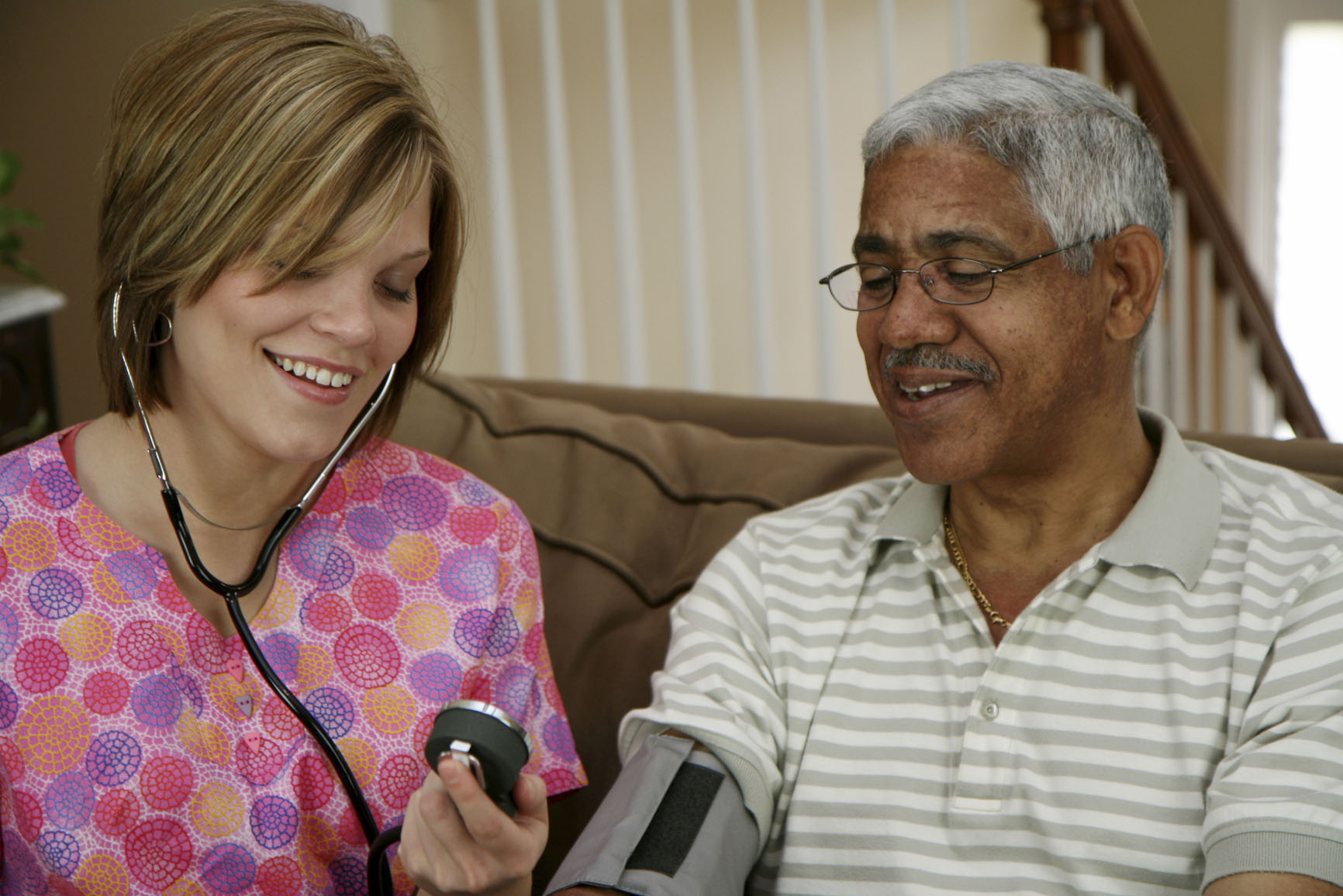What happens if your kidneys stop working?
Your kidneys are two small, bean-shaped organs that do some very important jobs. They clean your blood by removing waste and extra water, help control your blood pressure, make red blood cells, and keep your bones healthy.
When your kidneys stop working properly, harmful waste and fluid build up in your body, which can make you feel very sick. This is why keeping your kidneys healthy is so important for your overall well-being.
When Your Kidneys Stop Working
Kidney failure can happen suddenly or slowly over time.
Acute Kidney Injury (AKI) happens quickly – over a few hours or days. It can be caused by things like a severe infection, dehydration, or taking certain medicines that harm the kidneys.
Chronic Kidney Disease (CKD) happens slowly, often over months or years. It usually gets worse over time and can lead to full kidney failure if not treated.
When your kidneys stop working:
- Waste builds up in your blood, making you feel tired or, sick., or confused.
- Fluid builds up, which can cause swelling in your body and trouble breathing.
- Other organs are affected, especially the heart. Your heart has to work harder and your blood pressure can go up, which makes the problem worse.
Why Your Kidneys May Stop Working
Many things can cause your kidneys to stop working properly:
- Diabetes – Having high blood sugar over a long time can damage the tiny filters in your kidneys.
- High blood pressure – This puts extra pressure on your kidneys and damages the blood vessels inside them.
- Infections – Kidney infections or repeated urinary tract infections (UTIs) can cause long-term damage.
- Genetic conditions – Diseases like polycystic kidney disease (PKD) run in families and can lead to kidney failure.
Sudden kidney problems (acute kidney injury) can also be triggered by:
- Dehydration – Not drinking enough fluids, especially during illness, can reduce blood flow to your kidneys.
- Severe infections – Conditions like sepsis can affect kidney function very quickly.
- Certain medicines – Some painkillers, antibiotics, or treatments for other conditions can harm the kidneys if taken for a long time or in high doses. Your doctor should tell you about the side effects of drugs you are prescribed, but do speak to them if you have any questions.
Symptoms of Kidney Failure
Kidney failure can be hard to notice at first. Many symptoms are mild in the beginning and easy to miss.
Early Signs include:
- Changes in urination – You may pee more or less often, or notice dark, foamy, or bloody urine.
- Tiredness or weakness – Waste left in your blood can make you feel drained even after resting.
- Loss of appetite – You might not feel like eating, or feel sick.
Physical symptoms may include:
- Swelling – Your feet, ankles, face, or hands may puff up because your body is holding onto water.
- Itchy skin – Waste buildup can cause dryness and itching.
- Muscle cramps – Especially at night, due to changes in salt and mineral levels.
Advanced symptoms can include:
- Confusion or tTrouble concentrating – Your brain doesn’t work as well when waste builds up.
- Seizures – In severe cases of kidney failure, the brain can be affected, leading to fits.
- Chest pain or shortness of breath – Extra fluid around the heart and lungs can cause serious problems If left untreated.
Treatment Options for Kidney Failure
Short-Term Treatments
When kidney failure happens suddenly, doctors may be able to reverse it by:
- Giving fluids or medicines – This can help improve blood flow to the kidneys or reduce swelling.
- Treating the cause – For example, removing a blockage in the urinary tract or fighting an infection with antibiotics.
Long-Term Treatments
If kidney damage is long-lasting or permanent, you’ll need treatments to help your body stay healthy:
Dialysis
Dialysis takes over the job of your kidneys by cleaning your blood.
- Haemodialysis – A machine pumps out your blood and cleans it, before putting it back inside you. It usually happens at a hospital or dialysis centre, a few times a week.
- Peritoneal dialysis – A fluid is placed into your belly through a tube. It absorbs waste and is drained out. This is often done at home, several times a day or overnight.
Medications
You may need medicines to help with:
- High blood pressure
- Swelling
- Low red blood cell count (also called ‘anaemia’)
- Bone health
Kidney Transplant
A transplant can be ais the best long-term treatment for people with kidney failure who are suitable for this.
- When it’s needed – If your kidneys no longer work.
- Types of donors – The kidney can come from a living donor (like a family member or friend) or someone who has passed away (a deceased donor).
- Benefits – A successful transplant can give you more freedom, better energy, and fewer restrictions than dialysis.
Complications of Kidney Failure
Kidney failure can cause other health problems, including:
- Heart disease and stroke – Because waste and fluid in the body can damage the heart and blood vessels.
- Anaemia – Your kidneys help make red blood cells. When they fail, you may feel tired and weak due to low red blood cells.
- Bone problems – Damaged kidneys can’t balance calcium and phosphorus, leading to weak bones and joint pain.
Catching kidney problems early and getting the right treatment can help avoid these serious complications. That’s why it’s important to know the signs and see a doctor if anything doesn’t feel right.




